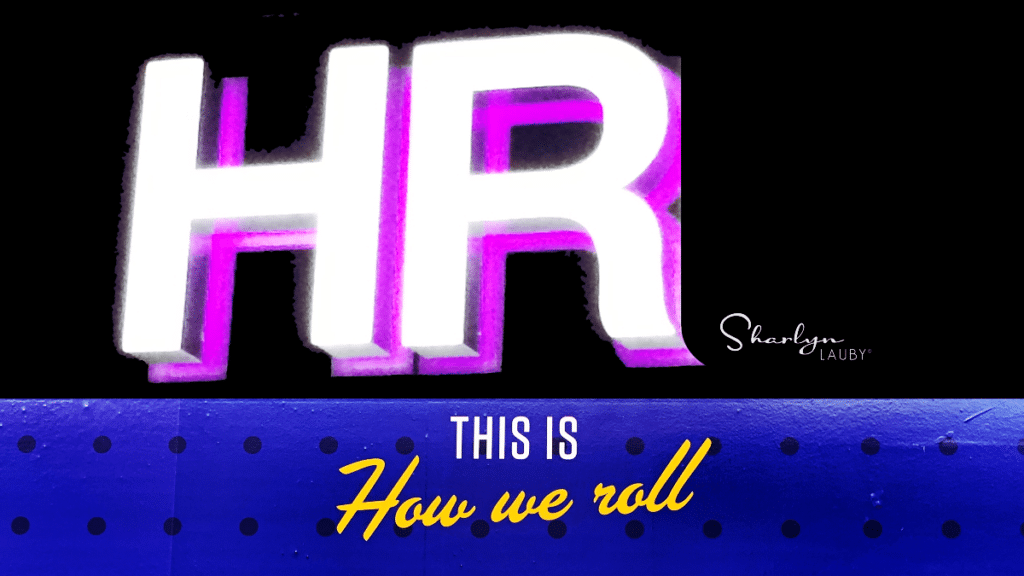Make Creating Change a Part of Your Professional Life
Estimated reading time: 4 minutes
Over the past couple of months, I’ve been watching / listening to MasterClass sessions. I received a free subscription from my cellular provider. It’s been a great experience so far and today’s article on the MasterClass from Malala Yousafzai is no exception. She is a Pakistani female education activist and the world’s youngest recipient of the Nobel Peace Prize.
We’ve published articles on HR Bartender about being a better ally and how an organization’s social and political views can impact their brand. We also have an entire season of The HR Bartender podcast focused on change management. In listening to Malala’s MasterClass, I thought she did a fantastic job of helping people understand that anyone can influence change – whether that’s in our personal or professional lives. Here are a few of my takeaways from the class that we can apply to our business lives.
Define your values. This MasterClass was focused on personal activism, but I could see how defining your values would be a healthy exercise when it comes to our careers. Here’s are the steps Malala shared:
- Write down all the things that are a “hard no” for you. The things you would never do.
- Then write your “yes” list, which might not necessarily be the “hard no” list in reverse.
- Recognize there could be some things that sit in the middle or a gray area.
- Finally, use these lists to start defining your values. Keep in mind that some values might be related to your religious, cultural, or societal beliefs.
Learn how to listen. If we want to influence others and create change, we need to learn how to listen. We have to gain perspective. We can’t be so focused on our point of view that we aren’t willing to listen to opposing views. Please note: I didn’t say we have to agree with everything we hear. But we need to be able to listen … really listen.
Research. You can’t address a problem if you don’t know what it is. You can start with desktop research (i.e., the internet) and then start talking with people to gain their perspective (see above comments on listening). Keep in mind that we need to be able to identify misinformation and disinformation. We need to have methods in place to assess the accuracy of the information we’re exposed to.
Practice your message. If you have a change you want to see happen, be able to talk about your change at any time. Be able to repeat your message in multiple ways. Adjust your words to reflect your audience. An effective argument might be different from the ones you’re comfortable with so practice conveying your message in different ways.
Build a network. One of the things that was unique about Malala’s MasterClass was that she interviewed other activists about their efforts. There was an acknowledgement by all of them that they needed the support of others to create change and have an impact. This happens in organizations all the time. We can create change by building a coalition of support.
Proactively manage obstacles and setbacks. Another thing I liked about Malala’s message was that she openly addressed there were setback and obstacles along the way. It wasn’t a question of “if” these things happen, it was “when”. By addressing obstacles upfront, it can keep the change effort on track. Think of it as “We knew this could happen, it did happen, and we have a plan.”
Stories like Malala’s are inspirational. But don’t let the magnitude of the story discourage you. I remember years ago, someone telling me that if they couldn’t make the big change that they wanted to make then they didn’t want to do anything at all. It was so disappointing because their ideas were good ones. But they weren’t prepared to give value to small steps. Very often small incremental changes can lead to bigger ones.
This leads to my final takeaway from Malala Yousafzai’s MasterClass. We don’t have to lead a change effort to make an impact. Sometimes I hear people say, “I don’t want to lead the change, so I don’t want to be a part of it.” Or “I’m too old to do this. I’ll let someone else lead the cause.”
Anyone can be a change maker. Influencing change isn’t an “old person” thing or a “young person” thing. Give what you can when you can. That’s how change happens. That’s how we can make an impact in both our personal and professional lives.
Image captured by Sharlyn Lauby while exploring the streets of Las Vegas, NV
47